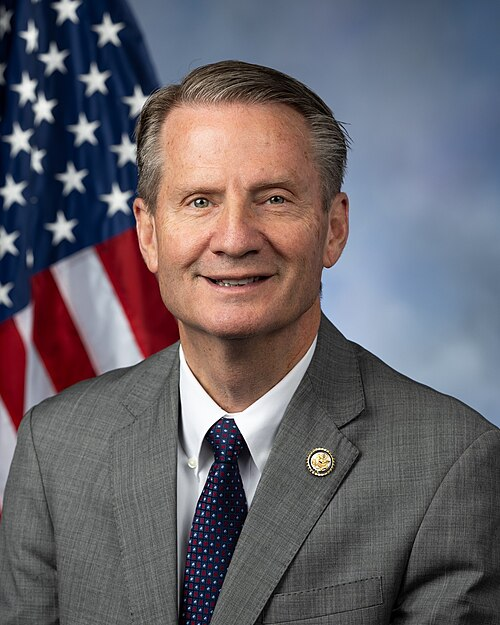H.R. 3251: Disaster Response Flexibility Act of 2025
This bill, titled the Disaster Response Flexibility Act of 2025, aims to amend the existing law related to disaster relief efforts in the United States. Specifically, it proposes the establishment of an alternative block grant program to provide funding for public assistance following a major disaster declared by the President. Here are the main components of the bill summarized in layman's terms:
Alternative Block Grant Program
- The bill requires the President, through the Federal Emergency Management Agency (FEMA), to create a new program that allows states to receive block grants for disaster response instead of direct public assistance.
Cost Assessment
- When a major disaster occurs, FEMA must assess the costs for public assistance that each affected state may need, taking into account reasonable administrative expenses.
- This assessment must be validated with input from the states to ensure accuracy.
State Application Process
- States can choose to apply for a block grant instead of the traditional public assistance approach.
- If the initial funding amount from the block grant isn't enough, states can request a single adjustment to increase the total amount they receive.
Eligibility and Restrictions
- To receive a block grant, states must submit an application detailing how they plan to use the funds.
- States that accept block grants are not eligible for direct public assistance for the same disaster, including financial and operational support (like personnel and equipment).
Use of Remaining Funds
- If any funds from the block grant remain after recovery activities, they can be used for eligible preparedness or mitigation activities in the state.
Reporting Requirements
- States that receive funds must submit a recovery plan within 120 days and provide annual updates on spending and impacts until the funds are fully expended.
- Upon completing all activities funded by the block grant, states have to submit a final report describing how the funds were used and assessing the effectiveness of those expenditures.
- FEMA is also required to report to Congress on the implementation of this program, including participation rates from states and any challenges encountered.
Definition of Public Assistance
- The bill defines "public assistance" as the types of activities that are eligible for federal assistance under certain sections of the existing disaster relief law but does not include help directed to individuals and households.
Relevant Companies
- None found
This is an AI-generated summary of the bill text. There may be mistakes.
Sponsors
2 bill sponsors
Actions
3 actions
| Date | Action |
|---|---|
| May. 07, 2025 | Introduced in House |
| May. 07, 2025 | Referred to the House Committee on Transportation and Infrastructure. |
| May. 07, 2025 | Referred to the Subcommittee on Economic Development, Public Buildings, and Emergency Management. |
Corporate Lobbying
0 companies lobbying
None found.
* Note that there can be significant delays in lobbying disclosures, and our data may be incomplete.
Potentially Relevant Congressional Stock Trades
No relevant congressional stock trades found.

